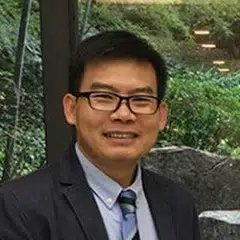
Chheang Vannarith
President, Asian Vision Institute, Cambodia
Dr Chheang Vannarith is a public policy analyst, government relations strategist and educator. He is the president of the Asian Vision Institute (AVI), the founder and chairman of Angkor Social Innovation Park (ASIP), and a part-time lecturer at the Nanyang Technological University in Singapore. He was previously a visiting fellow at ISEAS-Yusof Ishak Institute, a Southeast Asia consultant at the Nippon Foundation, a lecturer at the University of Leeds, the executive director of the Cambodian Institute for Cooperation and Peace, and the assistant to the defence minister of Cambodia.